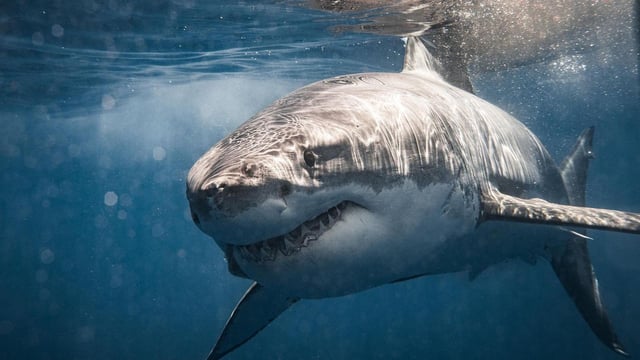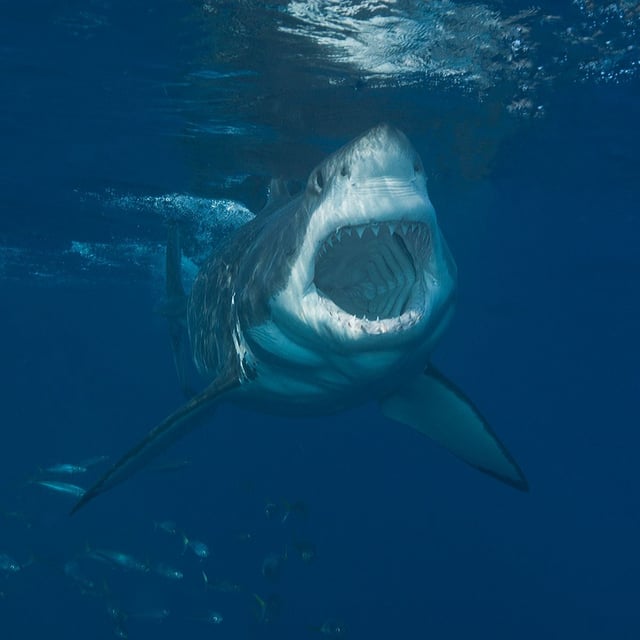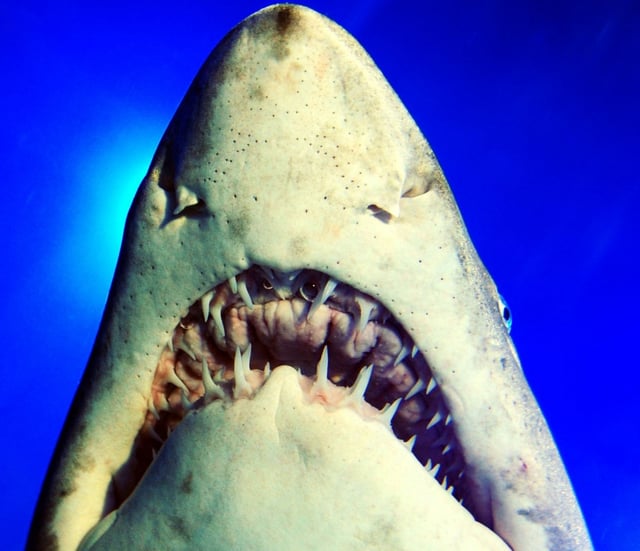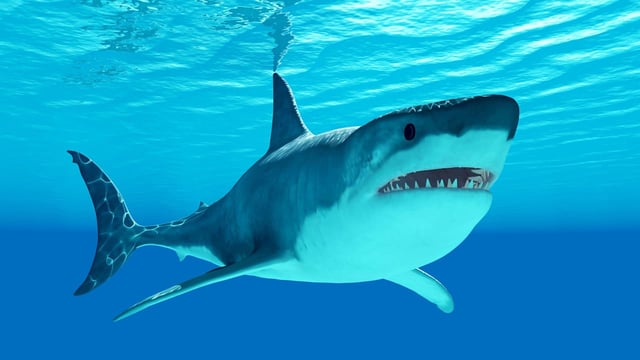Overview
- A Heinrich‑Heine‑Universität Düsseldorf team exposed shed blacktip reef shark teeth to seawater matching today’s pH and a projected year‑2300 level of about 7.3 for eight weeks.
- Teeth in the more acidic water exhibited substantially increased surface damage, with cracks and holes affecting crowns and roots, compared with present‑day conditions.
- Samples were taken from aquarium sharks at Sealife Oberhausen, so in‑vivo repair or remineralization processes were not captured.
- Researchers note sharks may be able to remineralize damaged teeth, though this could require more energy and leaves overall resilience uncertain.
- Published in Frontiers in Marine Science, the study warns that continued CO2 emissions could diminish predator bite performance and calls for in‑vivo and ecological follow‑up research.



